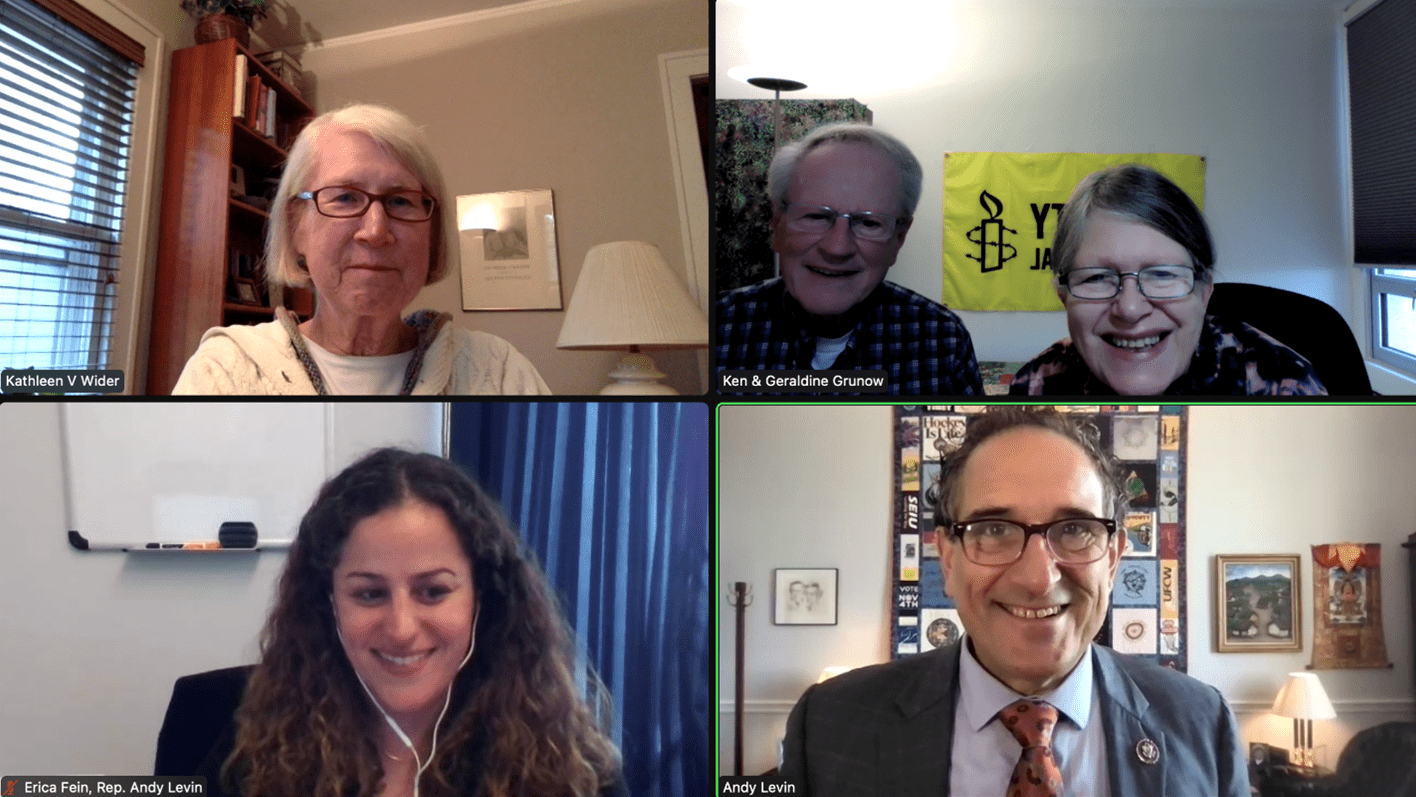As the tragedies in Ulvade, Texas and Buffalo, New York and too many other communities underscore, gun violence in the United States is a human rights crisis. The impact of firearm violence extends far beyond the numbers of those injured and killed, traumatizing entire communities and the country as a whole. We stand with victims’ families and with survivors, and join our partners in the gun violence prevention community in demanding action.
The human right to live free from violence, discrimination, and fear must no longer be ignored by Congress. Amnesty International urges lawmakers to enact comprehensive, common sense, human rights-based gun safety legislation without further delay, including:
- Supporting implementation and sustained funding of evidence-based violence reduction and prevention programs, including by passing the Break the Cycle of Violence Act (H.R.4118, S.2275) and ensuring at least $5 billion over eight years for community gun violence prevention programs.
- Passing the Background Check Expansion Act (S.529) as adopted in the House and requiring background checks on all firearm purchases and transfers.
- Passing Ethan’s Law (H.R.748, S.190) requiring the safe storage of all guns and ammunition.
- Banning the sale, transfer, and possession of semi-automatic assault rifles, semi-automatic shotguns, and semi-automatic submachine guns, as well as large capacity magazines, bump stocks, and other dangerous devices.
- Mandating that firearms may only be obtained for purchase or transfer with a valid firearms license and a credible justification for ownership and use.
- Requiring the U.S. Bureau of Alcohol, Tobacco, Firearms and Explosives (“ATF”) to register all firearms in a central national gun registry.
- Prohibiting the carrying of firearms in public, whether open or concealed, unless there is a credible justification for doing so.
- Requiring all lost and stolen firearms to be immediately reported to local law enforcement officials.
- Recognizing that firearm violence is a public health crisis and allocating adequate funding to conduct evidence-based research on the causes and effects of gun violence, and to research and develop viable strategies for gun violence prevention.
Read Amnesty International USA’s report “In the Line of Fire: Human Rights and the U.S. Gun Violence Crisis” for our full list of recommendations.
 HUMAN RIGHTS ON CAPITOL HILL
HUMAN RIGHTS ON CAPITOL HILL



